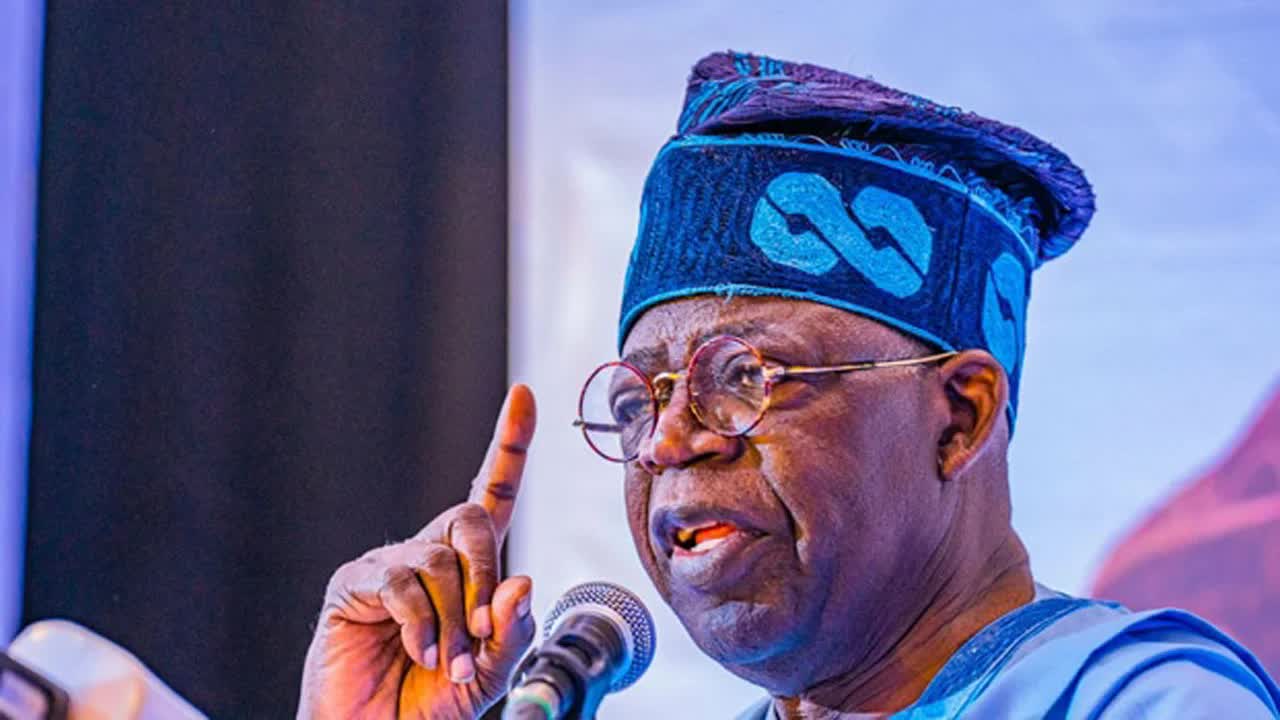The Nigeria Labour Congress (NLC) has strongly criticized President Bola Tinubu’s economic reforms, citing worsening economic hardship in the country. NLC President Joe Ajaero, speaking at the 21st Daily Trust Dialogue in Abuja, expressed concerns about the impact of Tinubu’s policies on the Nigerian population.
Ajaero specifically warned President Tinubu against heeding the advice of the World Bank and International Monetary Fund (IMF), questioning the effectiveness of such recommendations for Nigeria. The removal of fuel subsidies by Tinubu upon assuming office in May 2023 has led to an increase in the prices of goods and services, sparking protests by the NLC and Trade Union Congress.
The NLC president criticized the government’s handling of the forex crisis, pointing out that the national currency now exchanges for over N1,400 per dollar.
Ajaero argued that many of Tinubu’s economic reforms align with the policies of the World Bank and IMF, and he questioned their impact on the common man.
Key concerns raised by the NLC include the rising cost of fuel, closure of businesses, and the increasing debt profile of the country. Ajaero lamented that despite the promised benefits of the reforms, Nigerians are experiencing economic challenges, and the situation is getting worse.
Responding to the criticisms, Minister of Information and National Orientation Mohammed Idris defended President Tinubu’s economic reforms, assuring Nigerians that they would soon begin to see the benefits. He emphasized the government’s commitment to implementing the N35,000 wage award and addressing short-term challenges caused by the removal of fuel subsidies.
President’s Special Adviser on Information and Strategy, Bayo Onanuga, echoed the government’s stance, describing Tinubu’s economic reforms as pro-Nigeria and aimed at stabilizing the economy. Onanuga urged Nigerians to be patient, stating that the policies are a “work in progress.”



